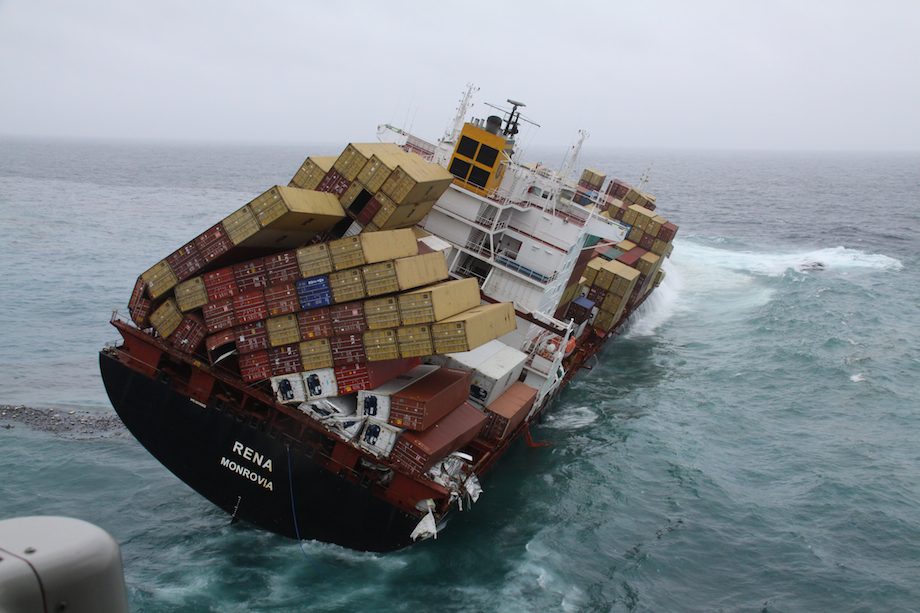Recently, in the Gulf of Aden and the Red Sea region, there have been incidents of cargo ships being attacked. As a result, some shipping companies have issued notices to suspend the transportation of goods through the Red Sea area. They are adjusting schedules and redirecting routes via the Cape of Good Hope in Africa.

The current scenario is adversely affecting global trade operations, leading to disruptions in sea transportation connecting Asia to Europe and the East Coast of North America. There is a surge in shipping fees and insurance expenses for commodities traded across these regions. Additionally, there’s a possibility of regional shortages of available empty containers. This situation poses challenges to the efficiency of international commerce routes.
The Import-Export Department from the Ministry of Industry and Trade recommends that industry and logistics associations enhance their surveillance efforts and consistently provide updates to businesses in their respective sectors. This proactive approach aims to keep them well-informed, enabling strategic planning for production and the import-export process. By doing so, businesses can steer clear of congestion and mitigate other potential adverse effects.
The Import-Export Department suggests that import-export enterprises vigilantly observe the situation, actively formulate appropriate strategies, and maintain open communication with partners. When required, they have the flexibility to extend closing and receiving times as part of their responsive measures.
Enterprises are encouraged to actively explore and diversify their sources of supply as a strategic measure to mitigate the impact on the supply chain. Additionally, investigating railway transportation methods provides alternative delivery options, enhancing flexibility and resilience in the logistics network.
During the negotiation and signing of commercial contracts and transportation agreements, it is recommended for businesses to incorporate clauses addressing compensation and liability waivers in emergency situations. It is crucial to procure ample insurance coverage to alleviate risks and potential losses, especially when there are extended transportation times or incidents along the route.
Associations and businesses are urged to promptly engage in communication and offer feedback to the Ministry of Industry and Trade, along with pertinent ministries and sectors, concerning any emerging issues. This collaborative effort is crucial for collectively tackling and resolving the current challenges effectively.
Detailed content of document No. 1116/XNK-TLH HERE (only in Vietnamese).
Source: moit.gov.vn (Ministry of Industry and Trade)




